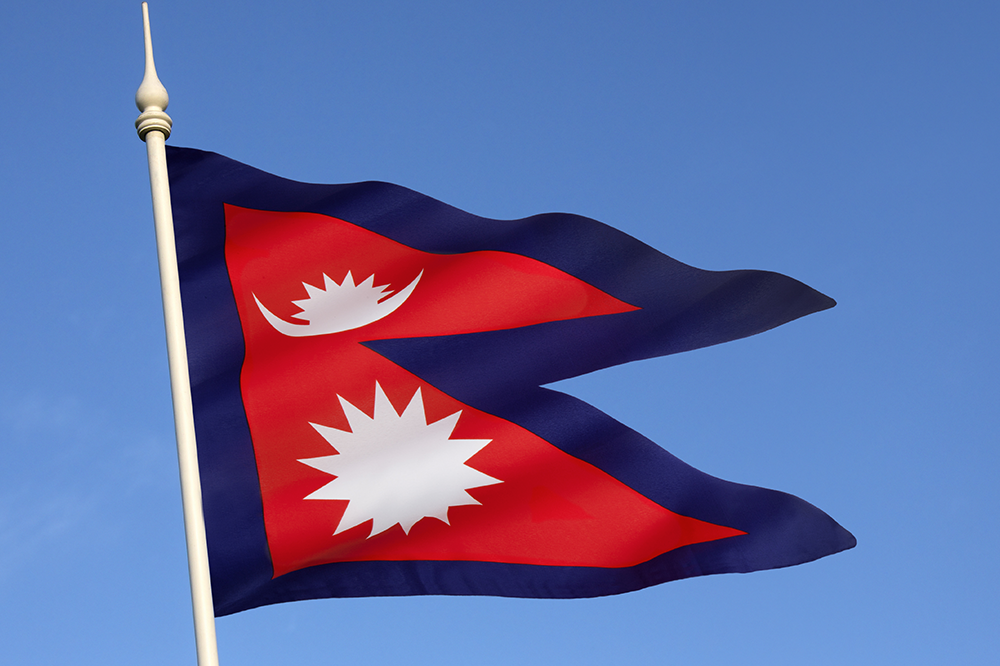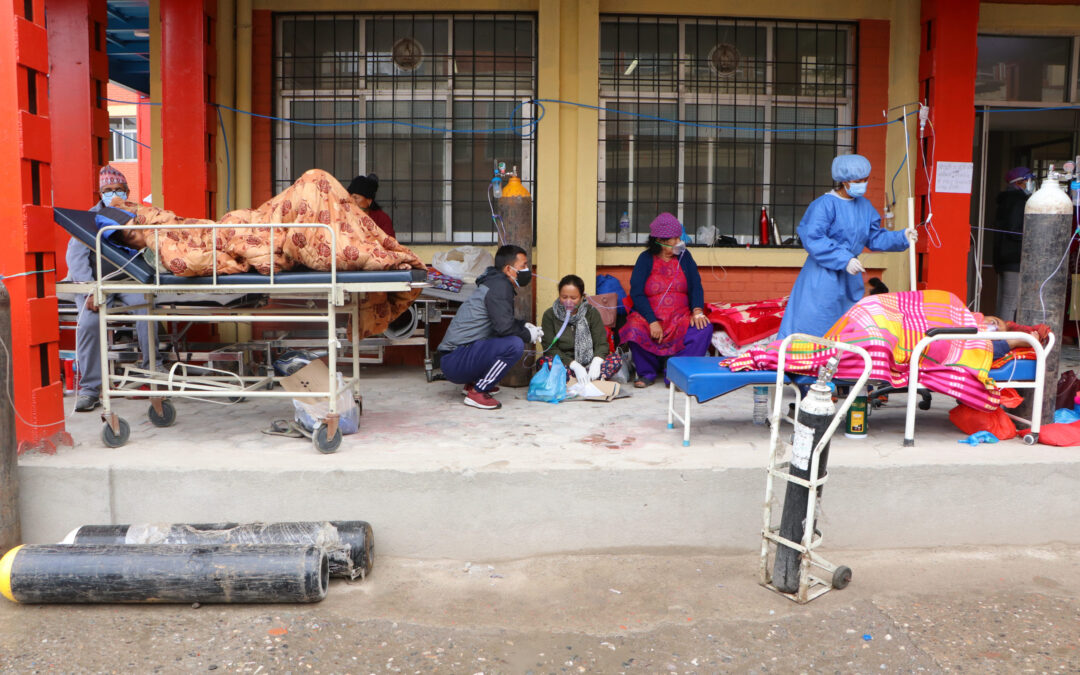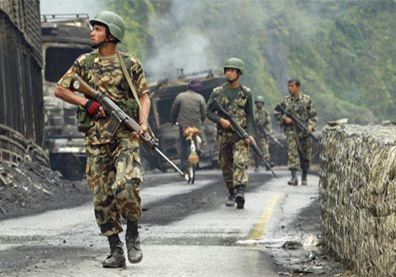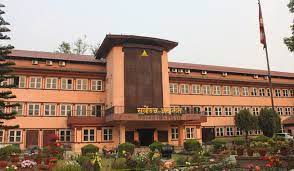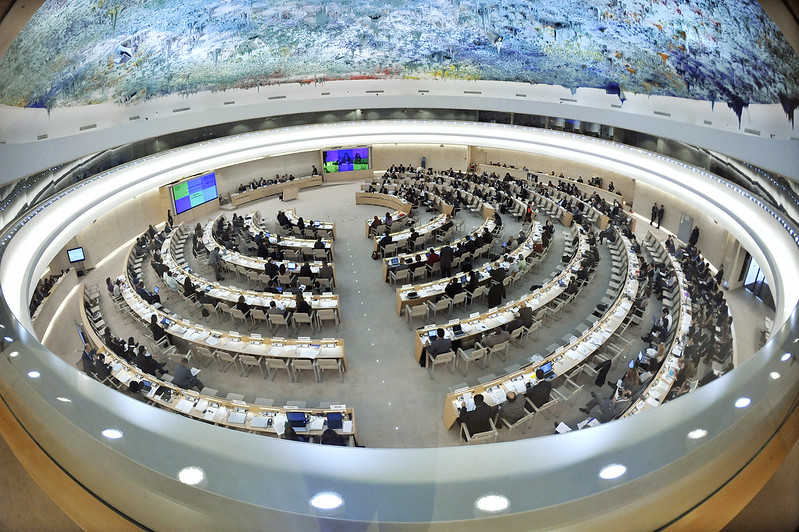
Lawyers under attack in the Russian Federation, Myanmar, Nepal, Venezuela and Turkey (UN Statement)
The ICJ today denounced attacks on lawyers across the world, in particular in the Russian Federation, Myanmar, Nepal, Venezuela and Turkey, in its statement during the dialogue with the UN Special Rapporteur on the independence of judges and lawyers.
The statement before the UN Human Rights Council reads as follows:
“Mr President,
The ICJ welcomes this timely report of the UN Special Rapporteur on the independence of judges and lawyers, which demonstrates that lawyers are targets of attacks, harassment, and arbitrary prosecutions and disbarment worldwide.
In the Russian Federation, contrary to international law and standards on the role of lawyers, law enforcement officials routinely impede the work of lawyers attempting to represent people detained or charged in connection with anti-war protests, including by using violence.
In Myanmar, where the judiciary is subservient to the executive, lawyers and their families face daily threats of arrest, detention and harassment solely for their professional activities.
In Nepal, the police have injured the Bar Association’s executive members, including its General Secretary, when they used excessive force against lawyers protesting against the corruption in the Supreme Court, and calling for an investigation of the Chief Justice. Similar violations occur in Venezuela.
In Turkey, legislative reforms have been introduced undermining the independence of the legal profession. Moreover, prominent human rights lawyers are subject to arbitrary prosecutions, including Cihan Aydin and Öztürk Türkdoğan.
The ICJ calls on this Council and all its Special Procedure to pay particular attention to attacks on lawyers whose work is essential for access justice and effective remedies to protect everyone’s human rights.
I thank you.”
Contact:
Massimo Frigo, ICJ UN Representative, e: massimo.frigo(a)icj.org, t: +41797499949

